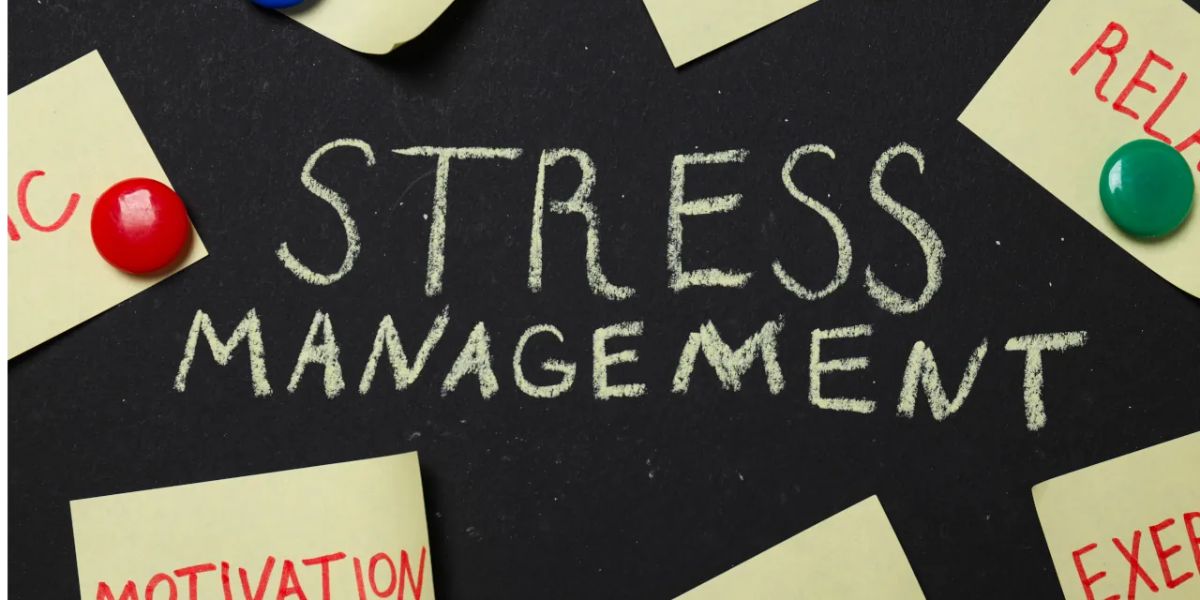Madison County, like many communities across the country, faces a growing need for crisis intervention services. Whether you or someone you know is experiencing a mental health crisis, substance use disorder issues, or an emotional emergency, timely intervention is crucial. In this article, we will guide you on how to access crisis intervention services in Madison County, ensuring that you know exactly where to turn for help when needed.
Understanding Crisis Intervention Services
Crisis intervention services are designed to provide immediate assistance to individuals facing a mental health emergency or a sudden, intense situation. These services can be life-saving, as they provide a rapid response to prevent further harm and help the individual regain stability. In Madison County, these services are offered through various local agencies, healthcare providers, and community organizations.
Table of Contents
Local Resources for Crisis Intervention in Madison County
In Madison County, several resources are available to assist individuals in crisis. Here are the key places to contact when immediate support is needed:
1. Madison County Mental Health Crisis Hotline
The Madison County Mental Health Crisis Hotline is available 24/7 to provide emergency support for those in need. This hotline is staffed by trained professionals who can help assess the situation, offer immediate advice, and connect individuals with the appropriate services. The hotline ensures that anyone in a mental health crisis can speak with someone who understands the complexities of their situation.
Contact Information:
- Phone Number: [Insert number]
- Available 24/7
2. Mobile Crisis Unit
The Mobile Crisis Unit is an essential service for those experiencing a mental health emergency outside of traditional healthcare settings. This team of professionals travels to the person’s location to provide immediate intervention. Whether the crisis is at home, in a public place, or at work, the mobile unit can offer support and de-escalation services.
Contact Information:
- Phone Number: [Insert number]
- Available 24/7
3. Local Hospitals and Emergency Rooms
Local hospitals in Madison County, such as [Insert hospital names], offer emergency psychiatric services. These hospitals are equipped with emergency rooms that have staff trained in handling psychiatric emergencies. If an individual is at risk of harming themselves or others, seeking immediate care in an emergency room may be the best option.
Contact Information:
- [Hospital Name] Emergency Room: [Insert phone number]
4. Behavioral Health Crisis Center
The Behavioral Health Crisis Center in Madison County provides a safe space for individuals to receive treatment and evaluation during a crisis. Unlike the emergency room, this center specializes in behavioral health emergencies, offering a more supportive environment for individuals in need. They offer short-term observation, stabilization, and crisis intervention services.
Contact Information:
- Phone Number: [Insert number]
- Available 24/7
Steps to Take When Seeking Crisis Intervention
1. Identify the Crisis
The first step is recognizing the signs of a crisis. Crisis situations can manifest in many ways, including:
- Suicidal thoughts or actions
- Severe panic attacks or anxiety
- Out-of-control behavior due to substance use
- Domestic violence or threats of harm
Recognizing the signs early can help prevent further escalation. If you’re unsure whether the situation requires immediate intervention, it’s always better to err on the side of caution and reach out for help.
2. Call the Appropriate Service
Once you’ve identified that a crisis is unfolding, call the relevant service. If it’s a mental health emergency, call the Mental Health Crisis Hotline or the Mobile Crisis Unit. If you are unsure, you can always contact your local hospital or emergency room for advice.
3. Stay Calm and Follow Instructions
When speaking with crisis intervention professionals, it’s important to stay as calm as possible. They are trained to guide you through the situation, and their instructions will help de-escalate the crisis. Be ready to provide details about the situation, including the person’s behavior, emotional state, and any immediate concerns.
4. Follow Up
Once the immediate crisis has been addressed, it’s essential to follow up with long-term support. This may include therapy, medication management, addiction recovery programs, or ongoing mental health counseling. Madison County offers a range of outpatient services that can help individuals continue their recovery after a crisis.
Tips for Families and Friends of Those in Crisis
Supporting a loved one during a crisis can be incredibly difficult. Here are some tips to help you navigate the situation:
- Be supportive but firm: It’s important to offer comfort while also encouraging the individual to accept help.
- Understand the resources available: Familiarize yourself with the local crisis services, so you know who to contact when necessary.
- Don’t hesitate to reach out: If you’re unsure whether it’s a crisis or if you’re overwhelmed, don’t hesitate to contact professionals. They can guide you through the process.
- Encourage follow-up care: After the crisis has passed, encourage your loved one to continue with therapy or support groups.
The Importance of Crisis Intervention Services in Madison County
Crisis intervention services play a crucial role in maintaining the safety and well-being of individuals in our community. By having these services in place, Madison County ensures that residents can access immediate support, whether it’s for a mental health issue, substance use disorder, or a behavioral crisis. These services prevent further harm, promote recovery, and help individuals lead healthier lives.
Conclusion
Crisis situations can be overwhelming, but knowing where to turn for help can make a significant difference. If you or someone you know is facing a crisis in Madison County, remember that immediate, professional help is available. Whether through the crisis hotline, mobile crisis unit, or local hospitals, there are resources to support you every step of the way.
If you’re unsure where to start, don’t hesitate to reach out to a local provider for guidance. Early intervention can lead to better outcomes and a path to recovery.
If you or someone you care about is experiencing a mental health or behavioral crisis, don’t wait—reach out to the appropriate service in Madison County today. Share your experiences or ask questions in the comments below, and visit mcchc.org for more resources and information.













